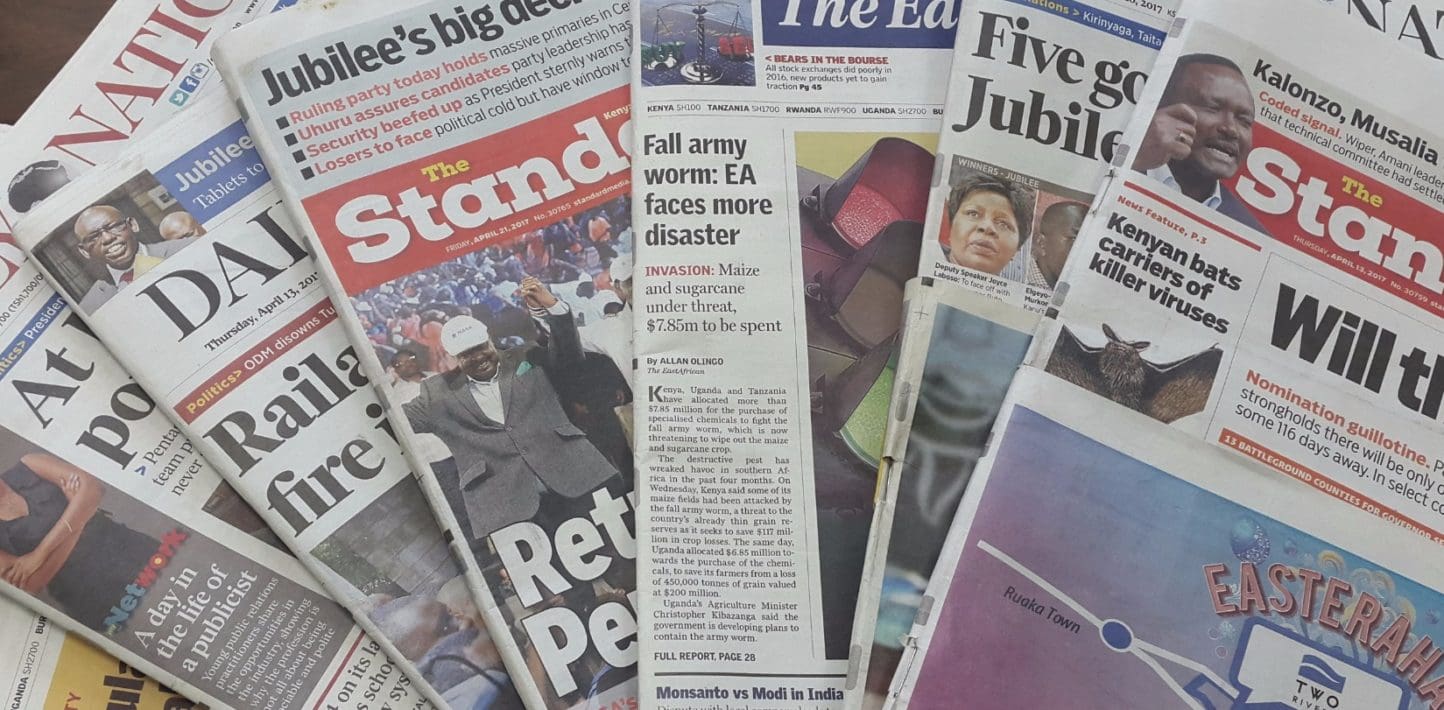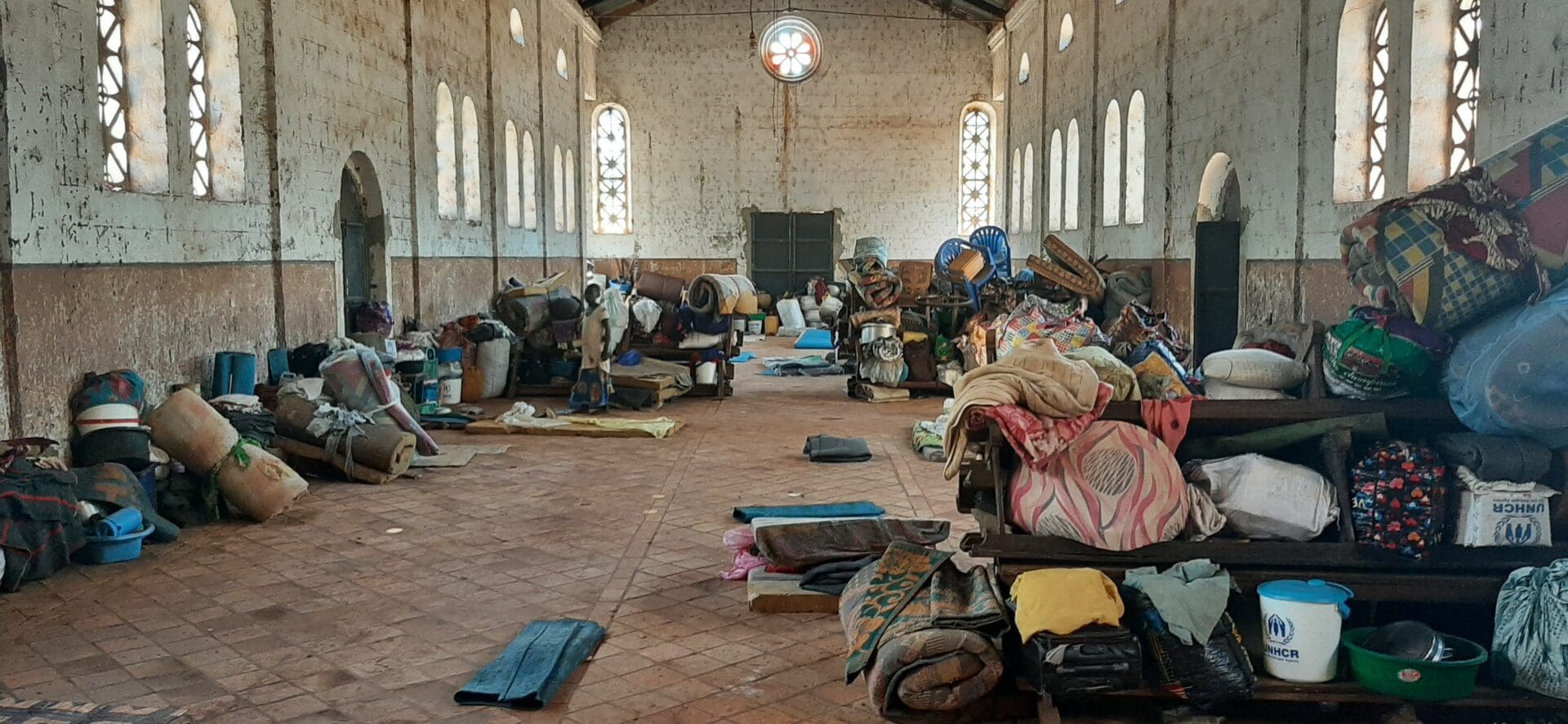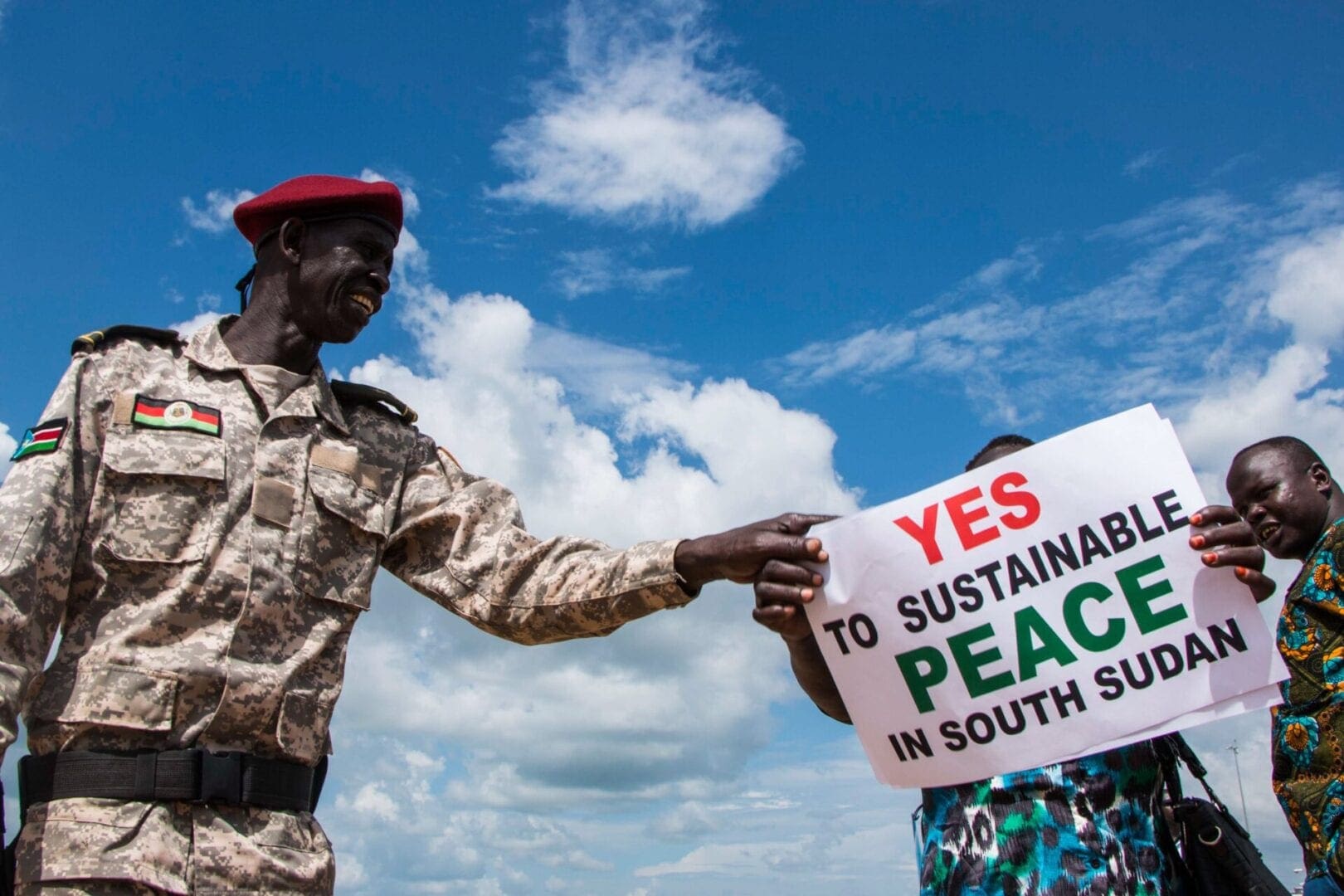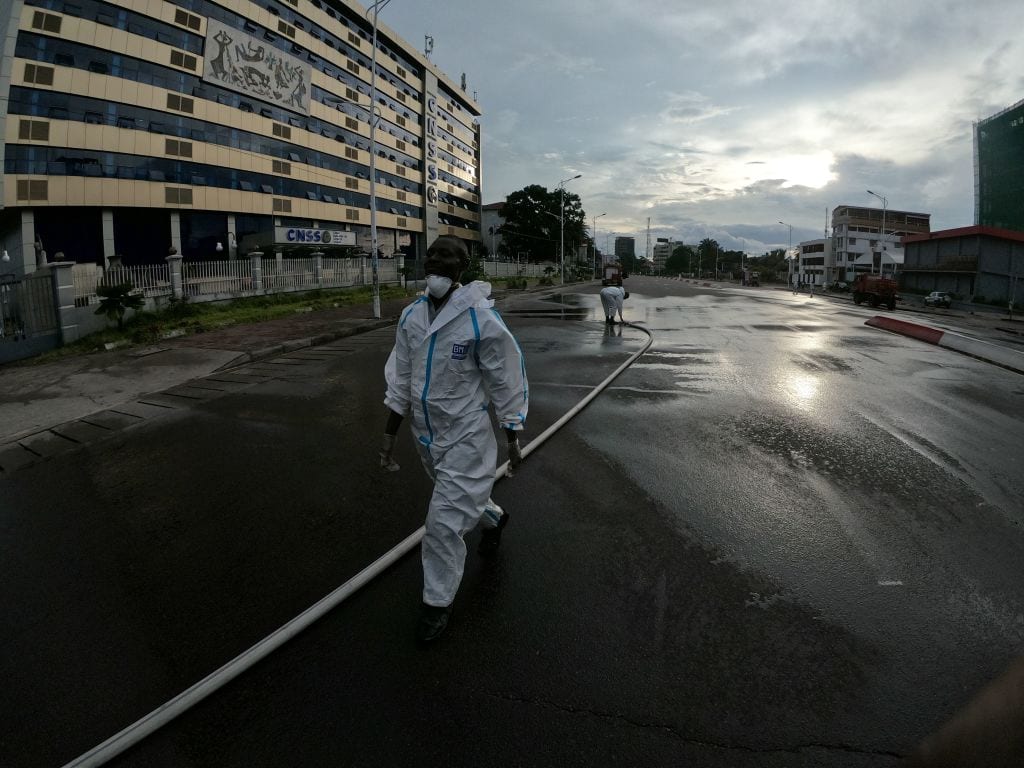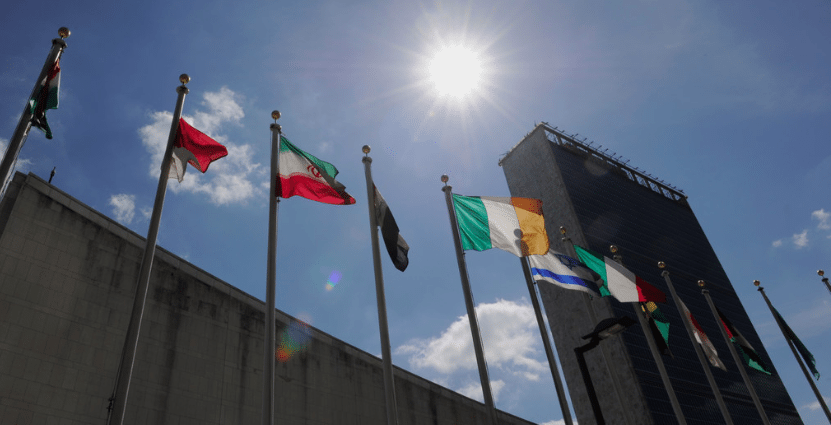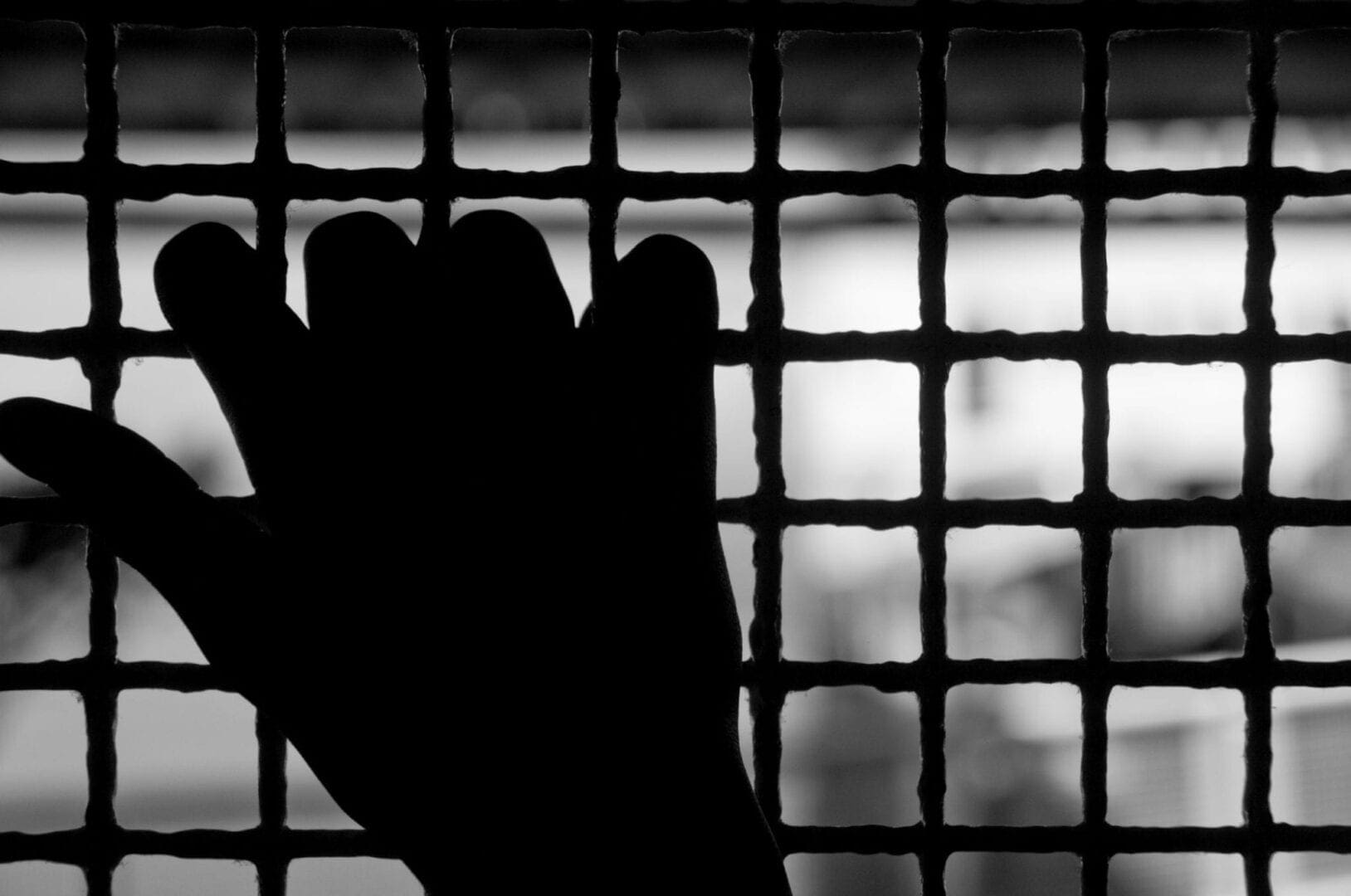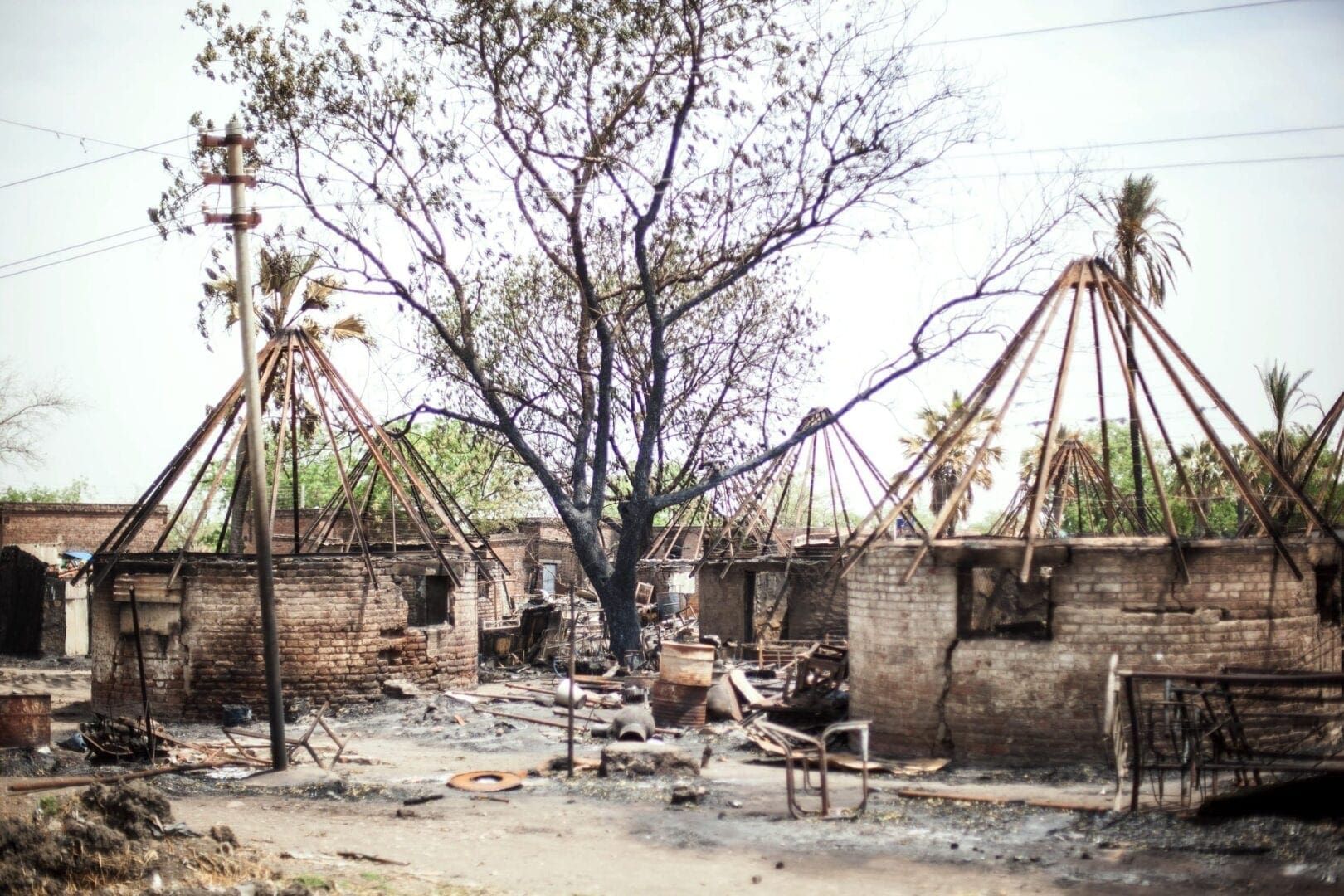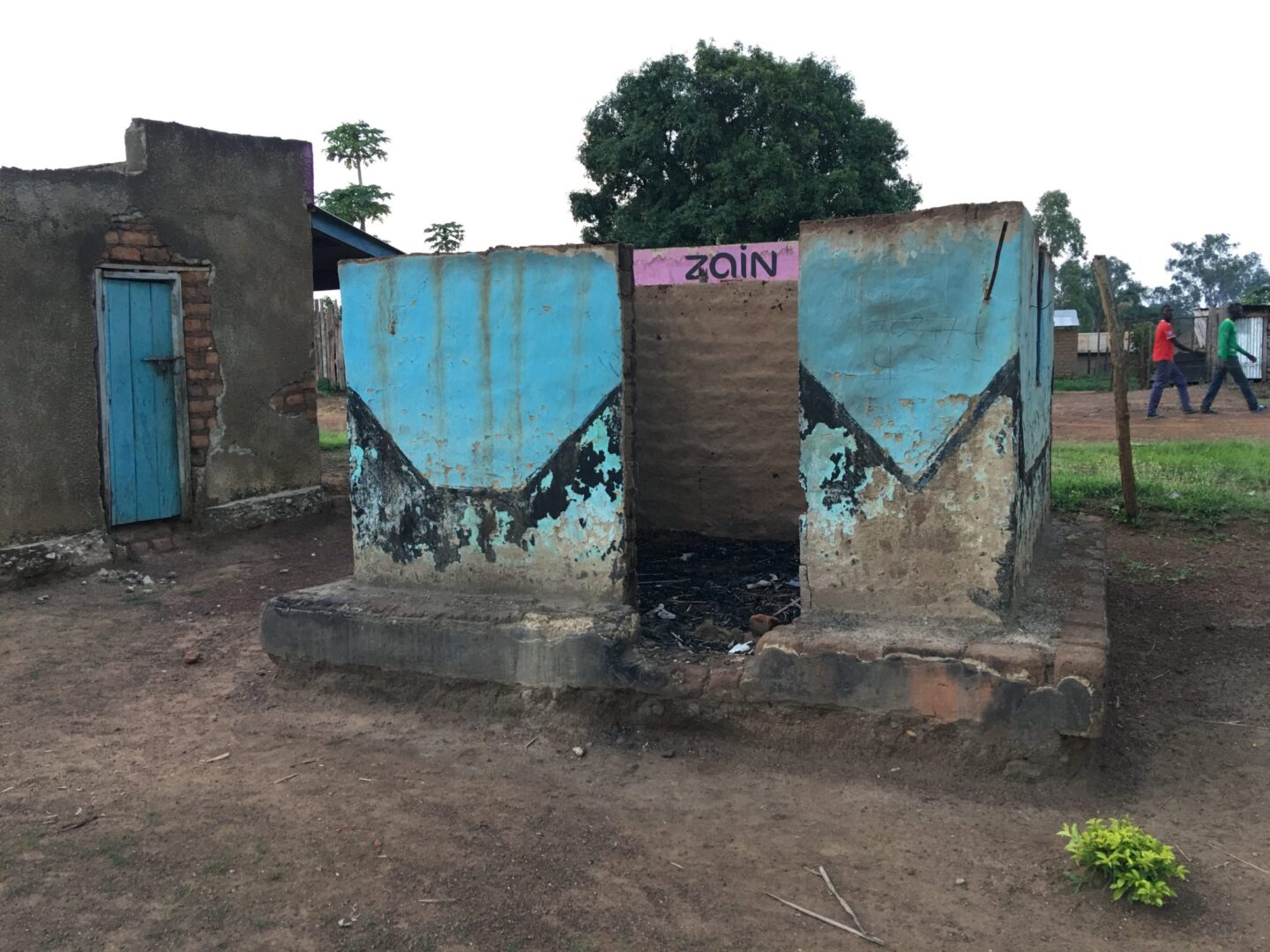The following information is based on the Amnesty International Report 2022/23. This report documented the human rights situation in 156 countries in 2022, as well as providing global and regional analysis. It presents Amnesty International’s concerns and calls for action to governments and others.
South Sudan 2022
Government security forces and armed groups perpetrated serious human rights abuses, including killings, acts of sexual violence, abductions, detention, torture and other ill-treatment, the recruitment and use of children, and destruction of civilian property. At least 24 people were extrajudicially executed, including a child, by government forces. The use of conflict-related sexual violence was widespread and systematic, and prosecutions of suspects for this and other crimes under international law were rare. Humanitarian access was restricted and millions of people faced acute food insecurity. The government failed to respect, protect, promote and fulfil the right to health. Rights to freedom of expression, association and peaceful assembly were violated. Death sentences were imposed, and executions carried out. There were concerns that a project to divert water would adversely affect local communities and wildlife.Background
In March, the UN Human Rights Council renewed the mandate of the Commission on Human Rights in South Sudan (CHRSS). In May, the UN Security Council renewed the arms embargo.1 In July, the Human Rights Council adopted South Sudan’s third UPR.2 On 2 August, the parties to the 2018 peace deal signed a roadmap extending the transitional period by 24 months. In November, the peace process mediated by the Sant’Egidio community between the government and armed opposition groups that had not signed the 2018 peace deal broke down. Violence continued across the country between parties to the conflict, their allied militias, armed groups and vigilante groups. A fourth year of heavy flooding affected over 1.1 million people, destroying houses, schools, health facilities, water sources and food productivity. Over 2 million people were internally displaced and 2.27 million were living as refugees. In October, the Sentry, an investigative and policy organization, reported that nearly USD 1 billion had disappeared in a bank credit scam, benefiting South Sudan’s leaders and their families and depriving hundreds of thousands of people in need of government health and food services.Unlawful attacks and killings
Between February and May, government security forces and affiliated militias clashed with the Sudan People’s Liberation Army-In Opposition (SPLA-IO) in the southern part of Unity State. According to the UN, government forces and allied militias perpetrated unlawful attacks including those that targeted civilians. At least 173 civilians were killed and over 130 women and girls were raped or gang raped. The violence also led to the pillaging of homes and public buildings, cattle raiding and the displacement of at least 44,000 civilians. From August onwards, large scale fighting took place between Agwelek forces (a government affiliated ethnic militia); the SPLA-IO; a breakaway faction of the SPLA-IO; and elements of the White Army (ethnic community defence forces). According to the UN, parties to the fighting attacked sites for internally displaced people, killing civilians, abducting civilians, destroying civilian properties and perpetrating gender-based violence. The fighting displaced at least 20,000 people and exacerbated an already dire humanitarian situation. Those unable to flee far, including older people, were reported to be hiding in bushes and swamps. According to the UN, fighting between government and opposition forces and a non-state armed group, the National Salvation Front (NAS), continued for the fifth year in the south, resulting in abductions, arbitrary arrests and beatings of civilians by NAS and government forces. In other areas, between December 2021 and 30 November 2022, government security forces, the SPLA-IO, and community-based militias were responsible for at least 665 incidents involving human rights violations, including arbitrary killings, extrajudicial executions, sexual violence, abductions, detention, torture and other ill-treatment, and looting and destruction of civilian properties.Sexual and gender-based violence
Between 25 February and 30 November, the UN Mission in South Sudan (UNMISS) documented 52 incidents of conflict-related sexual violence (CRSV) by government security forces, an unknown armed group and community-based militias, affecting 103 people. The actual numbers are likely to be higher. According to the CHRSS, CRSV remained widespread and systematic, exacerbated by a lack of accountability and attributed to a patriarchal society. The implementation of the 2021 Action Plan for the Armed Forces on Addressing CRSV was insufficient. Copies of the action plan were not easily accessible and awareness about it was close to non-existent among survivors and most civil society members.3 Despite the need, availability and accessibility of mental health and psychosocial support services for CRSV survivors remained extremely limited.Denial of humanitarian access
Between 1 December 2021 and 30 November 2022, 589 incidents related to constraints on humanitarian access were reported, according to the UN. Of those, 280 involved violence against humanitarian personnel and assets. Nine attacks on convoys took place. At least 10 humanitarian workers were killed and fighting between armed actors necessitated the relocation of 233 humanitarian staff.Impunity
Prosecutions of suspects of crimes under international law, including CRSV, remained the exception and impunity the norm. A handful of sexual violence cases committed by state security actors against civilians were tried in military and civilian courts, but these did not match the high number of cases. By the end of the year, no case had been prosecuted as a war crime or torture. South Sudan’s legal framework continued to fail to address CRSV and other crimes under international law effectively. The 2008 Penal Code remained unamended and did not include war crimes or crimes against humanity, continued to define rape in a limited manner, and did not contain command responsibility as a mode of criminal liability. In September, a military tribunal in Yei convicted eight soldiers of rape, according to national court monitors. Several male family members of CRSV survivors were given partial compensation for incidents that were adjudicated by a military tribunal in Yei in 2020.Right to truth, justice and reparation
On 5 April, the president launched public consultations to inform the legislation that is to establish the Commission for Truth, Reconciliation and Healing. A technical committee commenced the consultations in May. By the end of the year, the committee concluded the consultations and presented a report to the minister of justice and constitutional affairs. No progress was made to establish the Compensation and Reparation Authority and the Hybrid Court for South Sudan. President Kiir continued to argue that reconciliation was preferable to accountability.4Extrajudicial executions
According to UNMISS, senior government officials ordered the extrajudicial execution of three civilians in Warrap State and one police officer in Unity State. In June, Human Rights Watch documented the extrajudicial killing of three civilians, including a child, by the army in Central Equatoria State. In August, according to media reports and the UN Panel of Experts, government security forces executed three unarmed rebel soldiers by firing squad in Unity State and burned another to death. UNMISS documented an additional 13 extrajudicial executions.Children’s rights
The UN said that the army, the SPLA-IO, the South Sudan Opposition Alliance, non-state armed groups and unknown armed persons committed grave violations and abuses against 243 children – 138 boys, 102 girls and three for whom the sex is unknown. The actual numbers were likely to be higher. Violations included abduction, killing, maiming, rape, and forced recruitment and use of children in combat and support roles such as porters, cooks and spies. According to UNICEF’s latest data, 2.8 million children were out of school and one third of schools had been damaged or destroyed. More than 7,000 children needed family tracing and reunification services and 1.4 million children suffered from acute malnutrition.Right to food
Over six-and-a-half million people were acutely food insecure. The latest integrated food security phase classification assessment projected that an estimated 7.76 million people, well over half the population, will face severe acute food insecurity during the lean season in April to July 2023. Throughout the year, food production was severely reduced by the conflict, economic decline, flooding and climatic shocks.Right to health
The government continued to fail in its obligation to respect, protect and fulfil the right to health. There were high numbers of deaths from preventable diseases and other conditions due to inadequate healthcare facilities, exacerbated by attacks on healthcare facilities and medical practitioners by government forces, armed opposition groups, vigilante groups and militias. Only an estimated 44% of the population had access to primary healthcare services. Despite widespread post-traumatic stress disorder among the population, the availability and accessibility of mental health and psychosocial support services remained extremely limited.5Freedom of expression, association and assembly
The rights to freedom of expression, association and peaceful assembly continued to be violated. On 18 January, authorities allowed the Number One Citizen newspaper to resume operations after having suspended it on 9 December 2021 on the grounds that its editor-in-chief was not registered as a journalist. According to reports, authorities were displeased that the newspaper had protected its sources. On 15 March, according to the UN, the National Security Service (NSS) censored the publication of articles by a media house and made resumption of operations conditional on a public apology for misquoting the minister of information. According to media reports, NSS officials briefly arrested nine journalists covering a SPLM-IO press conference in June, confiscating their equipment and deleting their audio recordings and photos. In February, the media reported that civil servants in Jonglei State, protesting the local government’s decision to cut the payment of their salary arrears, clashed with the governor’s bodyguards, which resulted in several injuries. In June, according to media reports, dozens of teachers in Warrap State were arrested by state authorities following a protest to demand their salaries. Most of them were released but six were transferred to Rumbek Central Prison where they remained until August when a court dismissed all charges against them. On 7 August, police and NSS agents arrested and detained for eight days seven people in Juba who were protesting the rising cost of living. Police arrested a female journalist, who was interviewing protesters, on the grounds that she was not carrying identification. She was detained unlawfully for eight days. In September, the government announced the establishment of a special court to adjudicate cybercrime and computer misuse. A December 2021 provisional order intends to prevent and provide protection from any crimes committed through computers or the internet, including espionage and the publication of false information. The order’s definitions of crimes are broad and ambiguous, raising concerns that the government could use them to target opponents, dissidents and critics, including human rights defenders and activists. The 2014 NSS Act was still not amended despite obligations under the 2015 and 2018 peace agreements to do so. It grants NSS officers police-like powers of arrest and detention, in violation of the NSS’s constitutional mandate to gather intelligence, and in breach of international human rights standards.Death penalty
Death sentences continued to be imposed and executions were carried out. On 22 March, the High Court in Eastern Equatoria State released Magai Matiop Ngong. He was 15 when he was sentenced to death by hanging in 2017, after being convicted of murder, which he claims was an accident.6Environmental degradation
In April, the government announced its intention to revive the Jonglei Canal project to divert water from the Sudd to the Nile in Sudan and Egypt. Senior government officials argued that the project would help prevent flooding in Jonglei and Unity states and in May, Egypt sent machines to help with dredging. However, academics, environmentalists and activists argued that the plans would adversely affect communities and wildlife which depend on the water, and could lead to a lack of rain resulting from reduced water evaporation. In July, according to media reports, President Kiir ordered the suspension of all dredging-related activities in South Sudan, including the Sudd wetlands and Naam river – a tributary of the Nile – pending completion of assessments on the impact on surrounding communities and the ecosystems. According to the Associated Press, the president established a committee on the Sudd region and the White Nile river to discuss options for flood and water management; its findings would inform a decision on the proposed projects.- “South Sudan: Renewal of UN arms embargo positive step to help curb conflict-related sexual violence”, 26 May
- “South Sudan: Fulfil past Universal Periodic Review commitment to develop a human rights agenda and action plan”, 4 July
- South Sudan: “If You Don’t Cooperate, I’ll Gun You Down”: Conflict-Related Sexual Violence and Impunity in South Sudan, 18 May
- South Sudan: African Union’s Abandoned Commitment to Justice in Africa: The Case of the Hybrid Court for South Sudan, 23 November
- South Sudan: Human Rights Priorities for the Government of South Sudan, 3 February
- “South Sudan: High Court releases man who was sentenced to death when he was a child”, 24 March
Relevant Links
- Why the United Nations Security Council must keep the arms embargo on South Sudan
- South Sudan: Authorities must clarify fate and whereabouts of detained critic
- South Sudan’s conflicts are not just between communities
- South Sudan Must Respect the Right to Freedom of Peaceful Assembly (Index: AFR 65/4760/2021), 23 September
- “South Sudan: End new wave of repression against peaceful protests”, 3 September
- South Sudan: Unfreeze Civil Society and Political Activist’s Bank Accounts (Index: AFR 65/5017/2021, 19 November)
- South Sudan: “These Walls Have Ears”: The Chilling Effect of Surveillance in South Sudan (Index: AFR 65/3577/2021), 2 February
- “Address the Access Issue and the Pandemic Will Be Managed Tomorrow”: Global Vaccine Inequity’s Impact in East Africa (Index: AFR 04/5084/2021), 14 December
- South Sudan: UN Security Council’s Extension of Arms Embargo on South Sudan a Welcome Step but Weak Benchmarks a Let-Down (Index: AFR 65/4291/2021), 24 June
- “South Sudan: Survivors describe killings, mass displacement and terror amid fighting in Western Equatoria”, 9 December
- Letter of Appeal for Truth and Trials in South Sudan (Index: AFR 65/4305/2021), 7 June
- For more information visit the Amnesty.org country page

